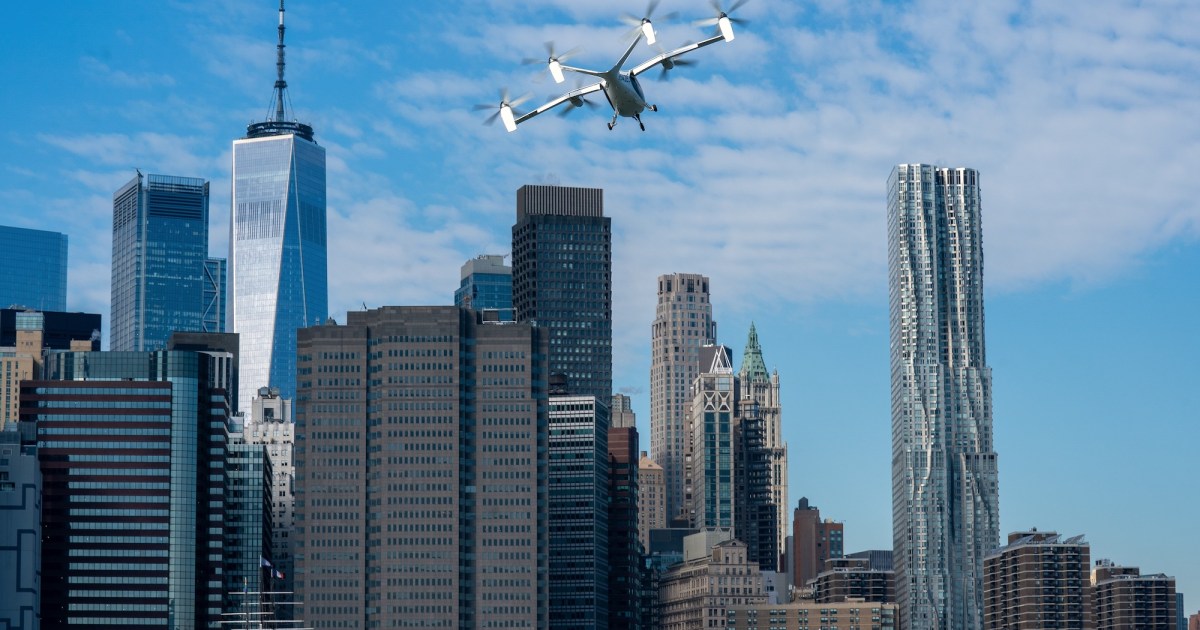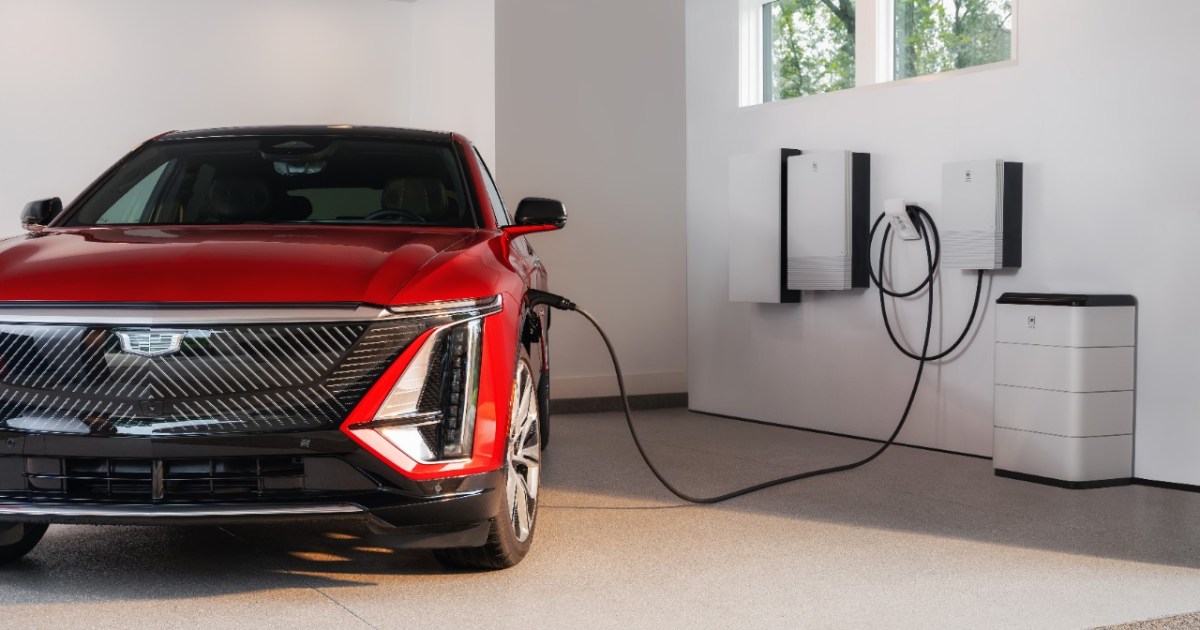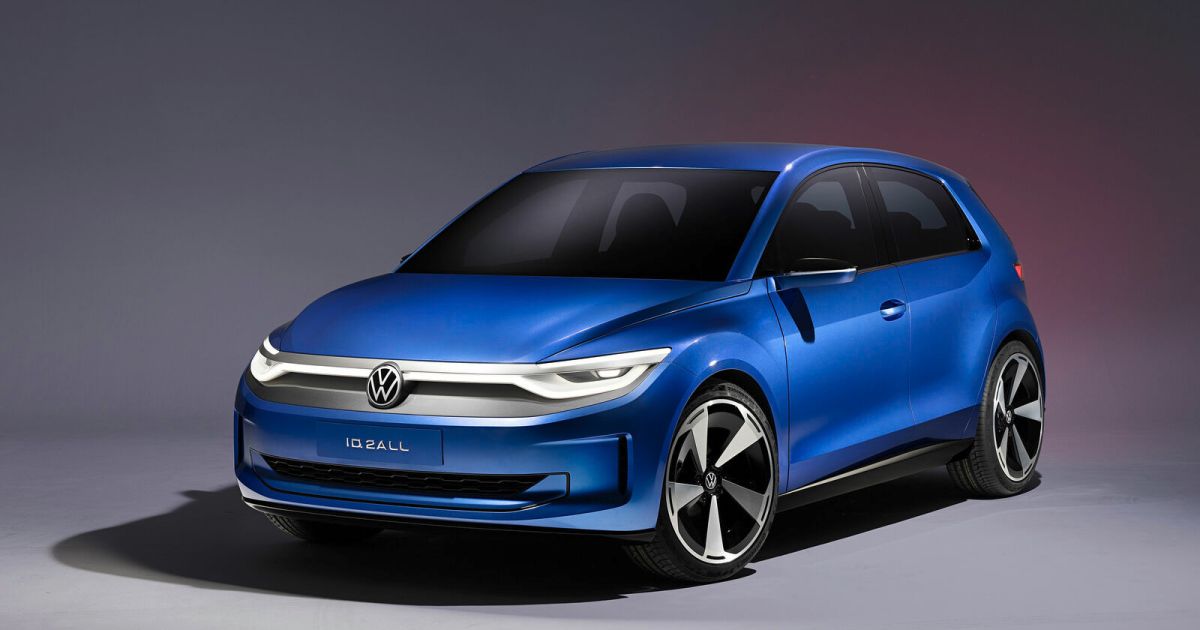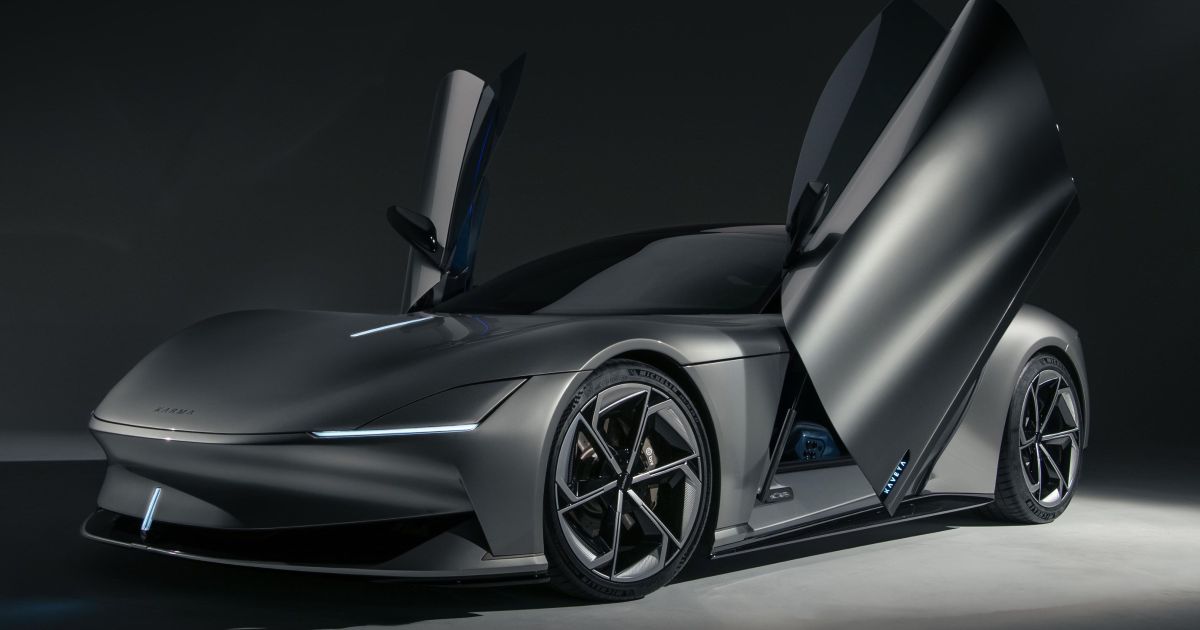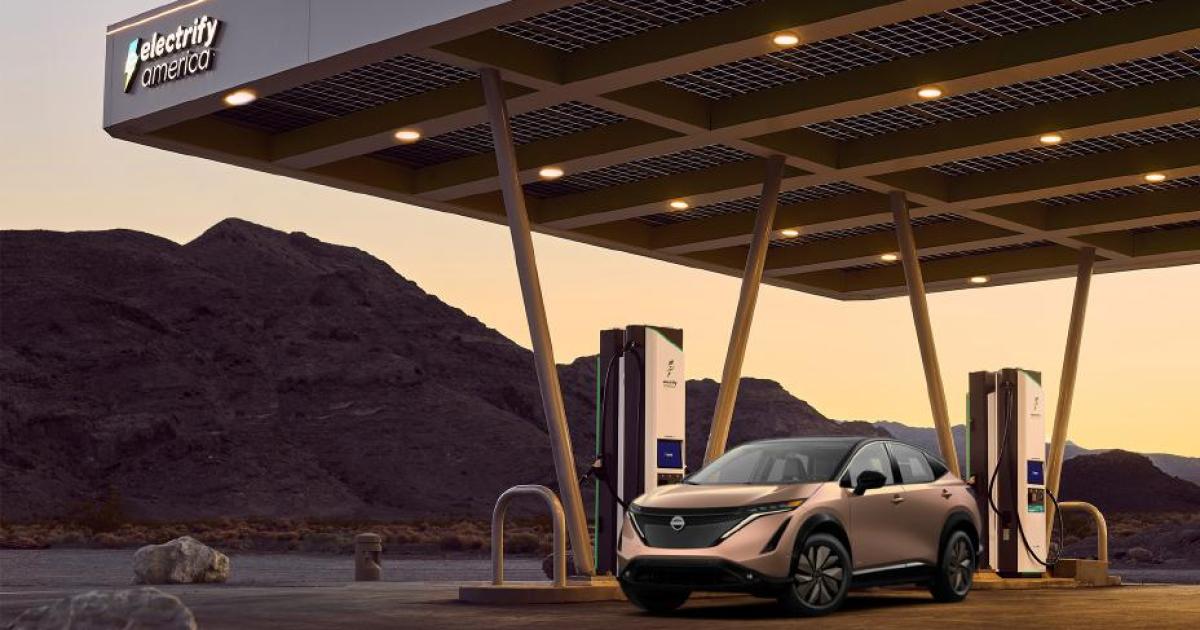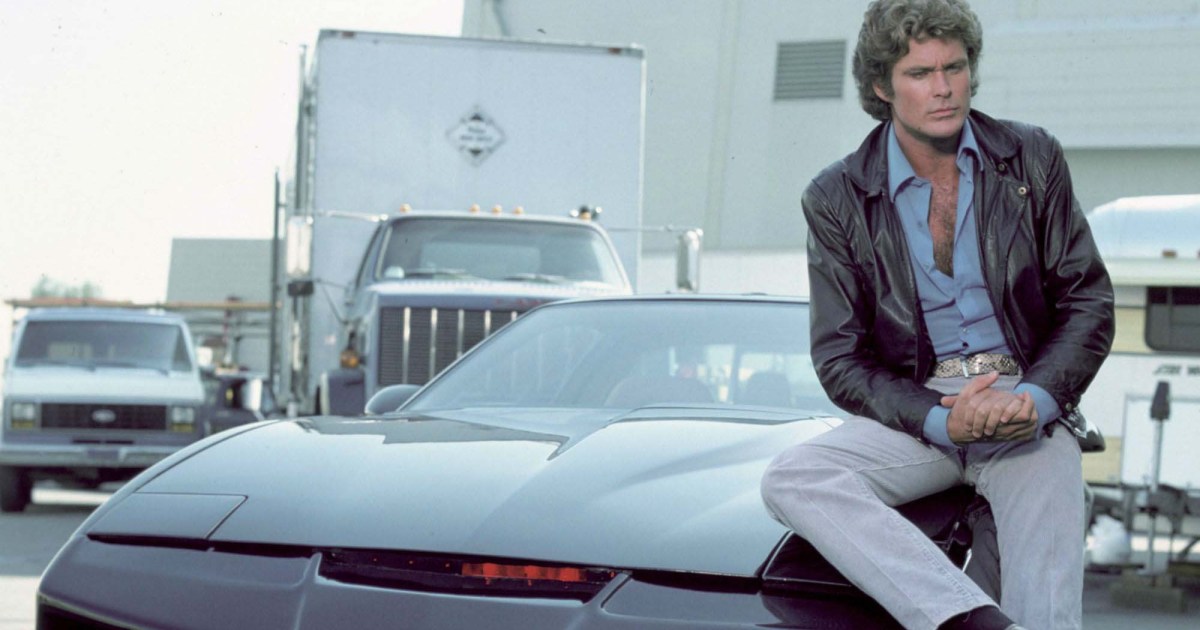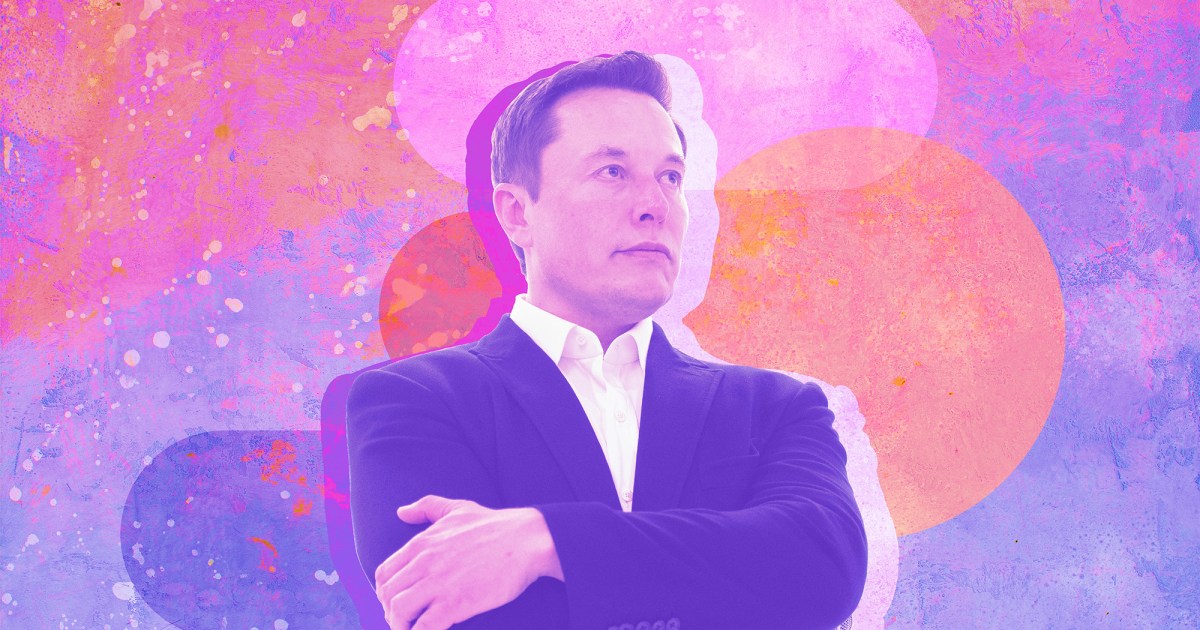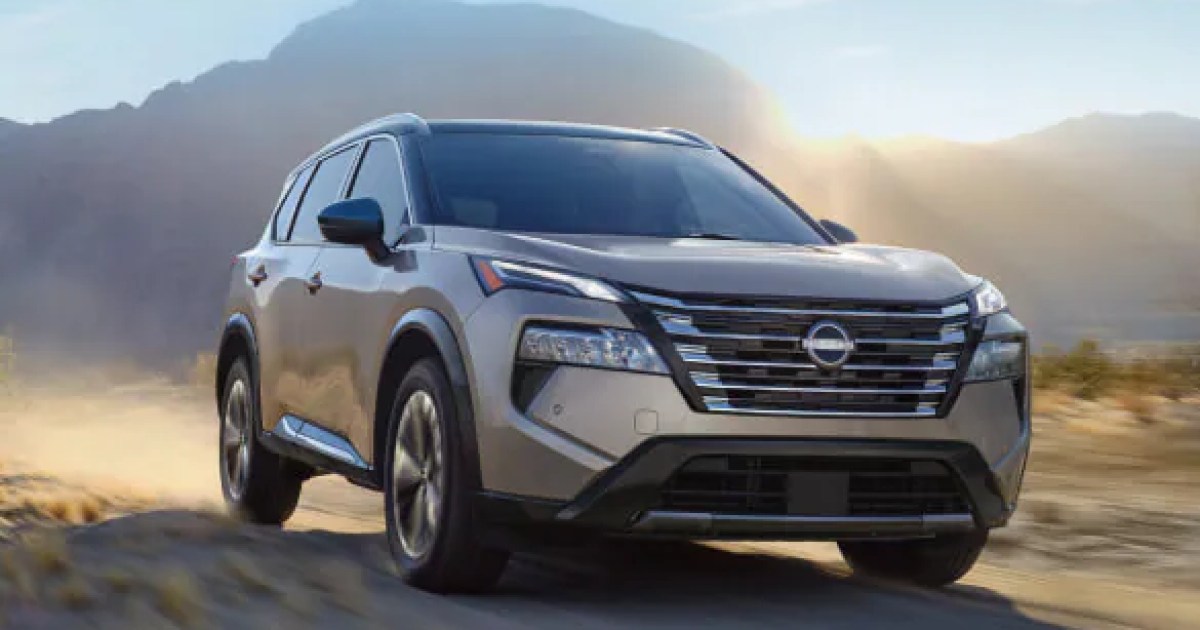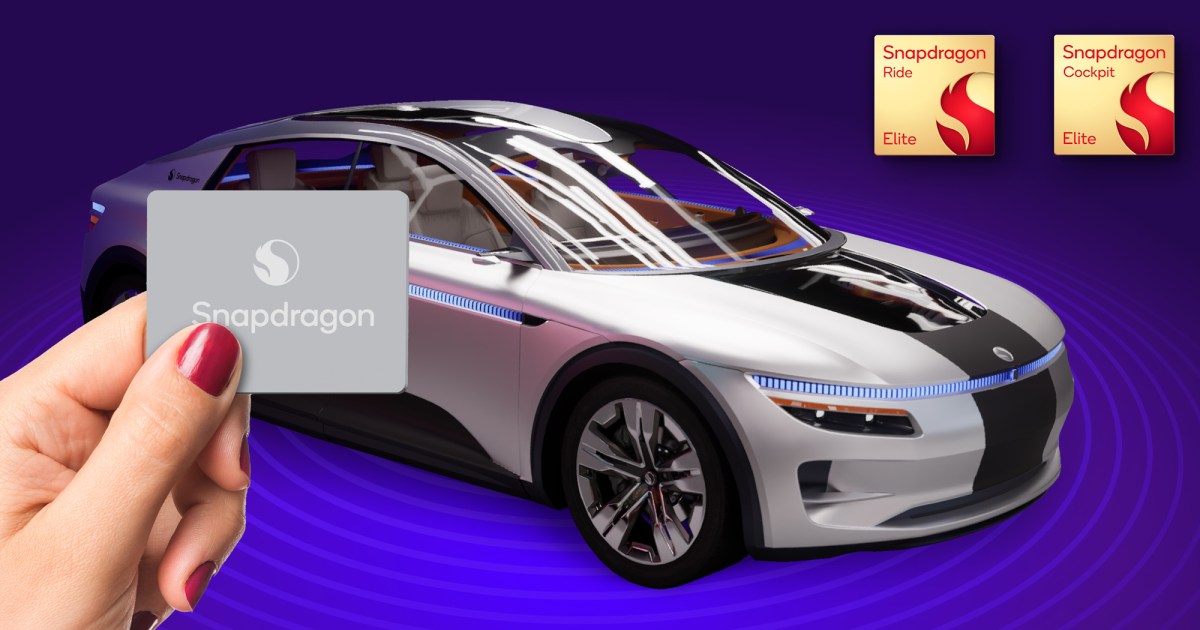Flying taxis, once a futuristic fantasy, were expected to grace the Paris Olympics. Certification issues grounded those plans, but the setback hasn’t deterred investment in this emerging technology. Toyota is doubling down, injecting another $500 million into Joby Aviation, a California-based company pioneering electric air taxi development.
Joby’s Progress and Partnerships
Joby achieved a significant milestone in November with the first test flight of an air taxi over New York City. This groundbreaking event underscored the potential of eVTOL (electric vertical take-off and landing) technology in urban environments. Furthermore, Joby recently partnered with the United Arab Emirates, aiming to launch commercial passenger services in Dubai as early as 2025. In the U.S., Delta Air Lines plans to integrate Joby’s air taxis into its travel perks, while United Airlines has partnered with Archer Aviation, a competitor in the eVTOL space.
Advantages of Air Taxis
Air taxis offer compelling advantages over traditional ground transportation. They promise faster commutes, reduced noise pollution due to electric propulsion, and zero carbon emissions, contributing to a greener future. Joby’s air taxi is designed to carry a pilot and four passengers at speeds up to 200 mph. Some eVTOL designs even incorporate autonomous flight capabilities.
Toyota’s Growing Commitment
Toyota’s involvement with Joby began in 2019. This latest investment brings Toyota’s total commitment to nearly $900 million, supporting Joby’s certification efforts and the commercial production of its air taxis. Beyond financial backing, Toyota contributes expertise in process planning, manufacturing, and tooling design. A 2023 agreement solidifies Toyota’s role as a supplier of key powertrain and actuation components for Joby’s aircraft.
Challenges and Competition
Safety and certification remain the primary hurdles for widespread air taxi adoption, as evidenced by the cancellation of Volocopter’s planned Olympic demonstration. Despite these challenges, the air mobility market is attracting significant interest. Companies like Hyundai and China’s XPeng HT Aero are actively developing eVTOL technology. According to McKinsey, the global ground taxi and ride-hailing market is estimated at $500 billion, with over 20% of users expressing interest in air taxis.
Future of Air Taxi Services
Current U.S. air taxi plans primarily focus on airport-to-city routes. However, Joby’s acquisition of Uber Elevate in 2020 signals broader ambitions. The company envisions integrating its air taxis with Uber’s ride-hailing app, potentially revolutionizing urban transportation.
Conclusion
While challenges remain, the significant investment from Toyota and the progress made by Joby Aviation demonstrate the growing momentum of the air taxi industry. As technology matures and regulatory hurdles are overcome, air taxis hold the promise of transforming urban mobility, offering faster, quieter, and more sustainable transportation options.



